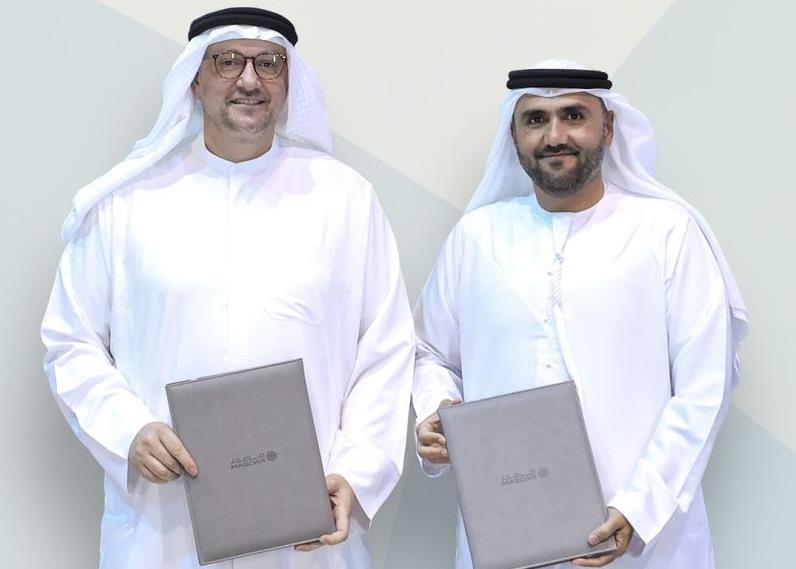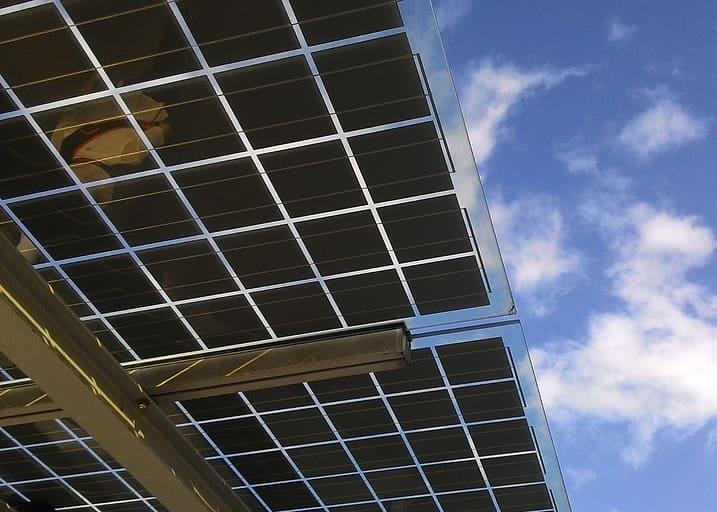
After years of stagnation, the country now believes its economy can move ahead
Optimism has been a commodity in short supply in Kuwait. As reform and spending programmes stagnated on the back of political deadlock and suffocating bureaucracy for much of the past decade, a positive outlook was hard to come by.
The lack of decision-making culminated in December 2008 when the country’s Supreme Petroleum Council cancelled a $17bn joint venture with US petrochemicals major Dow Chemical Company and all construction contracts on a planned $15bn refinery project after pressure from parliament. By early 2009, the situation seemed to have got as bad as it could for the emirate’s beleaguered government.
“The government can now get a majority in parliament on almost all of its plans”
Kuwaiti member of parliament
By mid-March, the government of Prime Minister Sheikh Nasser Mohamed al-Ahmed al-Sabah had resigned after wrangling with the country’s fractious National Assembly (parliament) and Emir Sheikh Sabah al-Ahmed al-Jaber al-Sabah was forced to dissolve it.
The fact that a cabinet perceived as being toothless was faced down by combative members of the National Assembly was a perfect example of the issues the country faced as its reputation as a business centre sank to new lows.
Sentiment change
A year on, cautious optimism is in the air. From the street level to the boardrooms of international banks, people believe that things are getting better and that change, for the first time in many years, is a real possibility for Kuwait in 2010.
“Last year, it was bad, very bad,” says a taxi driver shuttling between hotels in February, a standard barometer for public sentiment. “Now it is different. Things are getting better.”
Financiers agree. “I am really bullish on Kuwait,” says Lloyd Maddock, chief executive of UK bank HSBC’s Kuwait operations. “This really could be the year of Kuwait and its mega projects.”
Maddock points to three developments that have created a more positive sentiment in the emirate, all of them related to the country’s National Assembly: a better relationship between the government and parliament; the passage of a $25bn-a-year development plan; and a raft of reforms. Key to this new sense of optimism is the marked improvement in the traditionally strained relationship between the government and parliament since elections were held in May 2009. This was tested, although ultimately strengthened, by Sheikh Nasser agreeing to face parliamentary questioning in December that year, becoming the first Gulf leader to answer open criticism from elected politicians.
Sources close to the government attribute the change to the election of more liberal members of parliament (MPs) who are supportive of the government in the May 2009 poll.
“The government can now get a majority in parliament on almost all of its plans and there is enough of a consensus built that the people who have derailed things in the past can’t influence things the way they did before,” one MP tells MEED.
Senior businessmen and politicians in the country point to the return of the Emir’s nephew Sheikh Ahmad al-Fahad al-Ahmad al-Sabah to the political scene as another harmonising factor. In May, Sheikh Ahmad was appointed deputy premier for economic affairs, domestic affairs minister and housing affairs minister.
At the time he was seen as a controversial choice, having stepped down from the post of oil minister in 2006 under severe criticism from Islamic and nationalist political blocs in parliament. But he has since built up strong ties with parliamentary groups and is now seen as a consensus-builder, who has managed to woo many instrumental figures in parliament.
“He’s a doer,” says a local oil industry adviser with close ties to the government. “He is very charismatic and smart. He has the political sense of how to build a coalition and get consensus votes in the National Assembly.”
The consensus-building paid dividends. In a 2 February poll, 53 out of 56 members of parliament voted in favour of the $25bn-a-year development programme, which outlines spending plans from March 2010, ending in March 2014. It is the first time a development plan has been passed by the Kuwaiti parliament since 1986 and is part of a longer-term programme, known as Kuwait Vision 2035, which will be pushed through in five-year phases over the next 25 years.
The plan has stoked interest from contractors and banks alike. “The capital expenditure involved has really got our attention,” says Maddock.
The programme will result in the government spending KD1.45bn ($5bn) on the oil and gas sector, KD2.4bn on non-oil sectors, and KD3.55bn on private sector development in 2010-11, according to a senior member of the government’s planning committee. Schemes that will fall under the plan include a railway and metro system, a major new port at Bubiyan Island in north Kuwait and the first phase of a $77bn real estate development at Subiya, known as the City of Silk.
One of the cornerstones of the plan is the development of five new publicly-listed companies which will work in the construction, real estate, healthcare, warehousing and power generation sectors. They will act as part of a wider plan to use public-private partnerships (PPPs) to develop the country’s economy and attract foreign investment.
Fuelling optimism
“Everyone is looking to this plan and these projects to change the whole view of the economy,” says Walid Samir, senior financial analyst at the local Global Investment House. “The latest Kuwaiti budget is getting things back on the right track.”
Samir adds that new legislation due to be passed by the end of the year, including a capital markets law, will help improve the level of investment in the country. Kuwait’s stock market is the oldest in the region but lacks regulation. A new legal framework and capital markets authority are essential after a series of financial issues hit local investment firms in 2008 and 2009, says Maddock.
However, as much as sentiment has improved over the past year, many of the problems the emirate faced in 2009 remain. In February, MP Musallam al-Barrak, a leading critic of Sheikh Nasser’s government, filed a request to question Sheikh Ahmad Abdullah al-Ahmad al-Sabah, who leads the Information Ministry, over television programmes that he claims are offensive to tribal groups.
Meanwhile, a number of local investment companies such as Investment Dar, which flourished during the global economic boom of 2004-08, face major debt repayments with little in the way of real income.
Other businesses are suffering from a reluctance among local banks to lend money.
“There are certain investment companies that have solid capital models but have more liquidity issues,” says Maddock. “There are others that have capital issues, where the model was borrow short term, invest long term and take capital gains as your repayment. Where you have investment houses that had a more tangible business model, those companies obviously lend themselves more to quicker remodelling.”
Many of the emirate’s problems lie in the property market. Like other Gulf states, it did not escape from speculation during the boom years, and a number of local and international analysts now fear that the sector faces years of oversupply.
Annual requirements for new office space in Kuwait City centre averaged about 40,000-60,000 square metres between 2003-09 according to London-based real estate adviser DTZ. However, approximately 200,000 sq m of new and second-hand space is now being marketed.
Government bail-out
An additional 425,000-450,000 sq m of office space will be available in the capital by the end of 2013, says DTZ and companies working in Kuwait City say rents ore than halved between 2008-09 from KD15-20 to about KD6-10 a sq m a year.
If needed, the government can dip into funds accrued from multi-billion-dollar surpluses from 2002-10 to help bail out local investment and real estate firms. But without demand for their services and genuine economic growth in both the private and public sectors, such a move would be short-term at best, with the long-term prospect of building projects that Kuwait does not really need.
As many of Kuwait’s neighbouring states know, optimism can only take a country so far. The next challenge for the government and parliament is to implement the projects and reforms necessary to turn the state into the business and finance hub that it has so long aspired to be.
You might also like...

Neom seeks to raise funds in $1.3bn sukuk sale
19 April 2024

Saudi firm advances Neutral Zone real estate plans
19 April 2024

Algeria signs oil deal with Swedish company
19 April 2024

Masdar and Etihad plan pumped hydro project
19 April 2024
A MEED Subscription...
Subscribe or upgrade your current MEED.com package to support your strategic planning with the MENA region’s best source of business information. Proceed to our online shop below to find out more about the features in each package.




